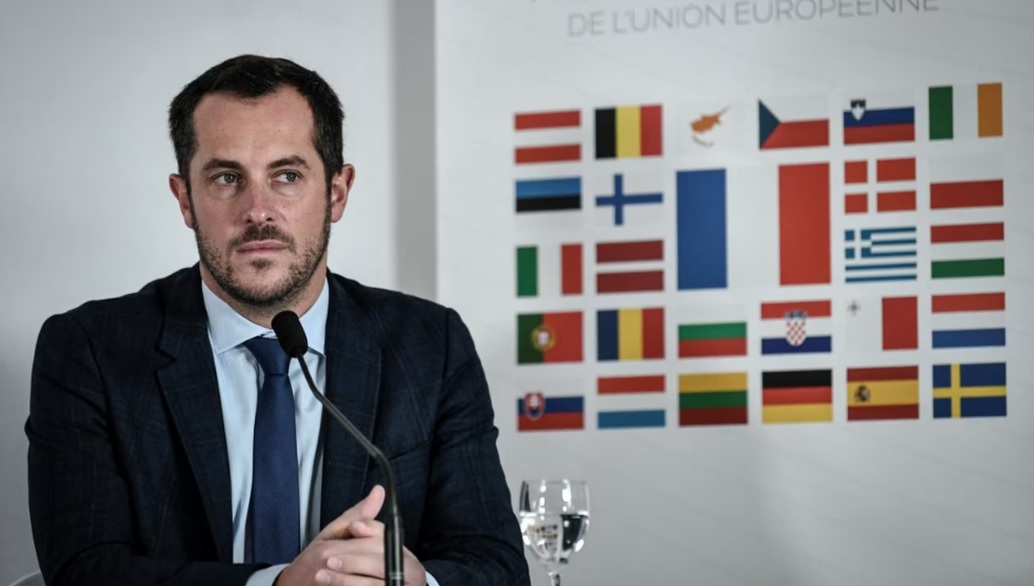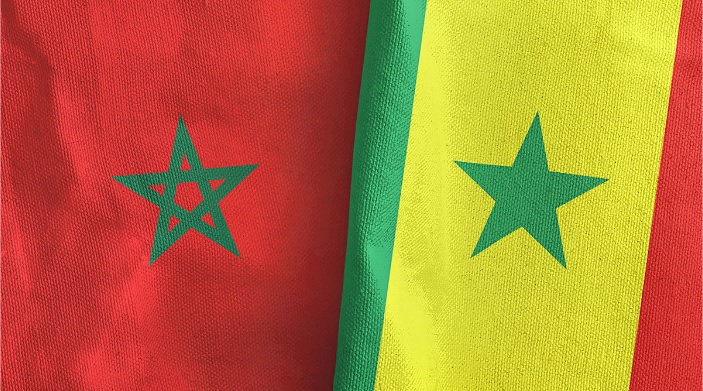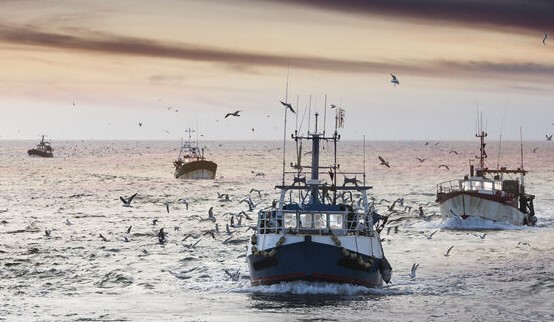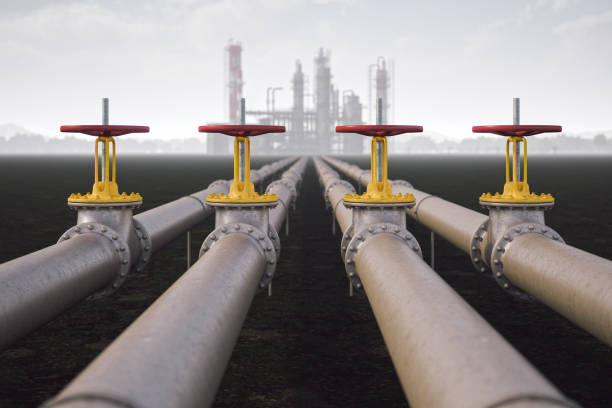Despite the recent ruling by the European Court of Justice, which annulled the agricultural and fisheries agreements between the European Union and Morocco, many European parties continue to emphasize their commitment to a strategic partnership with the Kingdom of Morocco.
Several European officials, including Josep Borrell, the EU's High Representative for Foreign Affairs and Security Policy, reiterated on Monday the "great value" of the EU-Morocco strategic partnership. Borrell also stated that the EU is keen to strengthen and elevate this partnership in the coming months.
European politicians and Members of the European Parliament (MEPs), including Tomáš Zdechovský, have also expressed the importance of the EU-Morocco partnership in various sectors. Zdechovský argued that the Polisario Front, which the European Court sided with, poses a security threat to Europe that must be addressed.
In this context, Assahifa English conducted an interview with French politician and MEP Nicolas Bay, one of the MEPs who opposed the recent European Court ruling. Bay stressed the importance of the EU-Morocco partnership and described the court's decision as "politically motivated" in favor of the Polisario Front.
Nicolas Bay, the President of the Regional Council of Normandy, also discussed in the interview the current state of French-Moroccan relations, the reasons behind the tensions in the past two years before the recent normalization of ties, as well as the ongoing tensions between Algeria and France.
The interview follows below:
Mr. Bay, as a Member of the European Parliament, what is your opinion on the European Court of Justice's annulment of the agricultural and fishing agreements with Morocco? Do you think this ruling is based on solid facts or misunderstandings?
-The annulment of the agricultural and fishing agreements between the European Union (EU) and Morocco is a highly damaging and politicized decision. It harms our fishermen and the entire European continent. It also affects Morocco, especially the populations of the Sahara themselves: the European Court of Justice (ECJ) claims that the Sahrawis would benefit more from being held hostage by the Polisario Front than from the economic opportunities offered by an economic partnership with Europe.
Furthermore, by siding with the Polisario Front, the ECJ is violating the territorial integrity of the Kingdom of Morocco. This decision is even more absurd given that Western Sahara is historically Moroccan. As a French parliamentarian, I am used to seeing European judges trample on the sovereignty of ancient nations...
I would also like to mention that in 2020, U.S. President Donald Trump recognized Morocco's full sovereignty over Western Sahara, a declaration confirmed by Joe Biden the following year. Spain, Germany, the Netherlands, and of course, France have done the same. The Arab League also recognizes Morocco's territorial integrity. The ECJ aligns itself with the United Nations, which remains stuck in a position of cowardice.
This ruling is, therefore, not based on facts but on purely ideological considerations. In reality, the ECJ is isolating itself as it goes against historical, diplomatic, and economic realities, trying to appease a segment of the Western left, Algeria, and a few separatist groups with terrorist methods that represent no one but themselves.
How do you evaluate the partnership between Morocco and the European Union? Are you satisfied with it, or do you think there are still actions to be taken to strengthen bilateral relations?
-The EU needs stable allies around the Mediterranean, not only for economic reasons but also to manage the migration crisis. France can attest to this: Morocco is an ally and friend, a natural partner of the Union that must strengthen its relations with Rabat. This is why the ECJ's decision is as damaging to the EU as it is unjust to Morocco.
We need to increase dialogues and partnerships for the benefit of both sides of the Mediterranean. I have already seen, in the European Parliament, the influence of certain countries in their maneuvers to harm Morocco while sparing Algeria. As a member of the delegation for relations with Maghreb countries, I will do everything in my power to ensure that Morocco is treated as the reliable partner it is, both for France and for Europe.
As a French politician, you are aware that relations between France and Morocco have gone through periods of tension and diplomatic breakdown over the past two years, before recently normalizing with France's announcement of its support for autonomy as the only solution to the Sahara conflict. What is your political analysis of the state of Franco-Moroccan relations?
-The recent tensions were the result of diplomatic mistakes and poor choices on the part of Emmanuel Macron, who is incapable of understanding the deep, historical trends of our country's geopolitics, and equally incapable of recognizing the obvious role Algeria plays in the political instability of the Maghreb.
These difficulties benefited neither Paris nor Rabat. It is in the interest of both states to strengthen their cooperation, not only economically but also in combating illegal immigration, terrorism, and drug trafficking. The warming of bilateral relations was necessary, and I can only regret the risk of deterioration in relations between Morocco and Europe due to such an unjust ruling by the ECJ.
On French foreign policy, what is your view on the diplomatic and political crisis between France and Algeria, which erupted following France's support for Morocco on the Sahara issue, knowing that Algeria is the main supporter of the Polisario Front?
-The Algerian ruling elite, lacking true historical legitimacy and failing to provide prosperity and stability to its people despite immense resources, bases its power on a "national" narrative primarily fueled by hatred of France. All of the country's current failures are blamed on colonization.
Algeria regularly lashes out at us while destabilizing its neighbors – for example, I warned the European Parliament a few years ago that the Polisario Front has been diverting European humanitarian aid for years, with the complicity of the Algerian administration, to sell it, buy weapons, and continue its terrorist guerrilla warfare against Morocco – yet we continue to extend a hand to them. Paris is not helping Algeria come to terms with its past but is encouraging its hatred of our country instead of seeking reconciliation.
Meanwhile, Morocco, whose shared history with France is different but parallels Algeria's, demonstrates the futility of Algeria's discourse. France's support for Morocco's autonomy plan does not fundamentally change relations between France and Algeria: it is merely an excuse. Algerian politicians maintain resentment towards France to prevent the Algerian people from holding them accountable.






